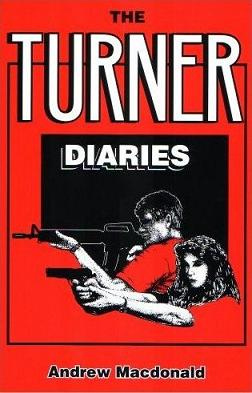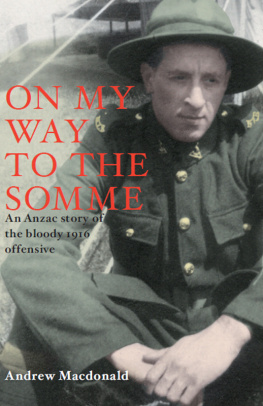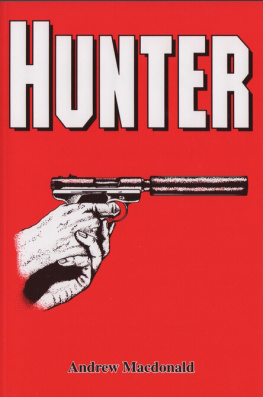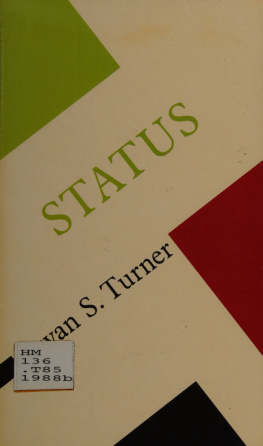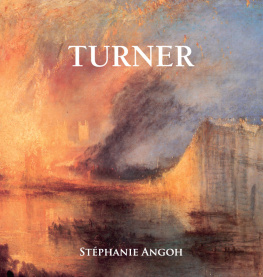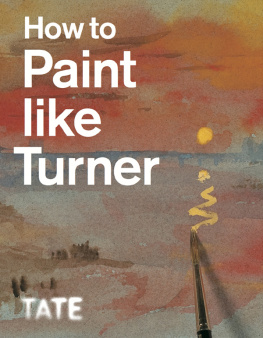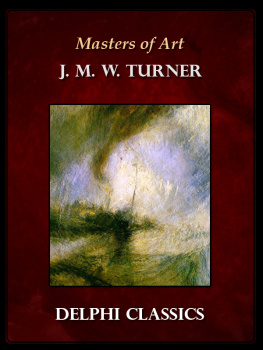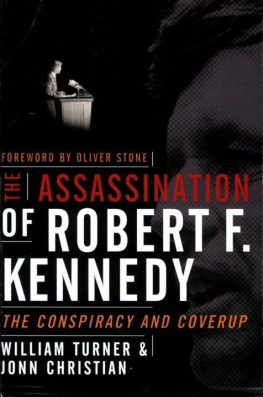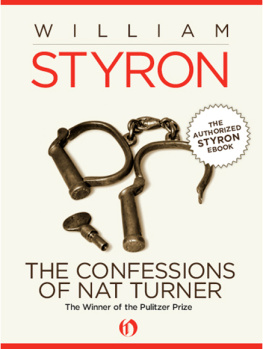The Turner Diaries
by
Andrew Macdonald
Foreword
There exists such an extensive body of literature on the Great Revolution, including the memoirs of virtually every one of its leading figures who survived into the New Era, that yet another book dealing with the events and circumstances of that time of cataclysmic upheaval and rebirth may seem superfluous. The Turner Diaries, however, provides an insight into the background of the Great Revolution which is uniquely valuable for two reasons:
1) It is a fairly detailed and continuous record of a portion of the struggle during the years immediately before the culmination of the Revolution, written as it happened, on a day-to-day basis. Thus, it is free of the distortion which often afflicts hindsight. Although the diaries of other participants in that mighty conflict are extant, none which has yet been published provides as complete and detailed a record.
2) It is written from the viewpoint of a rank-and-file member of the Organization, and, although it consequently suffers from myopia occasionally, it is a totally frank document. Unlike the accounts recorded by some of the leaders of the Revolution, its author did not have one eye on his place in history as he wrote. As we read the pages which follow, we get a better understanding than from any other source, probably, of the true thoughts and feelings of the men and women whose struggle and sacrifice saved our race in its time of greatest peril and brought about the New Era.
Earl Turner, who wrote these diaries, was born in 43 BNE in Los Angeles, which was the name of a vast metropolitan area on the west coast of the North American continent in the Old Era, encompassing the present communities of Eckartsville and Wesselton as well as a great deal of the surrounding countryside. He grew up in the Los Angeles area and was trained as an electrical engineer.
After his education he settled near the city of Washington, which was then the capital of the United States. He was employed there by an electronics research firm.
He first became active in the Organization in 12 BNE. When this record begins, in 8 BNE (1991 according to the old chronology), Turner was 35 years old and had no mate.
These diaries span barely two years in Earl Turner's life, yet they give us an intimate acquaintance with one of those whose name is inscribed in the Record of Martyrs. For that reason alone his words should have a special significance for all of us, who in our school days were given the task of memorizing the names of all the Martyrs in that sacred Record handed down to us by our ancestors.
Turner's diaries consist, in their manuscript form, of five large, cloth-bound ledgers, completely filled, and a few pages at the beginning of a sixth. There are many loose inserts and notes between the ledger pages, apparently written by Turner on those days when he was away from his base and later interpolated into his permanent record.
The ledgers were discovered last year along with a wealth of other historically important material by the same team from the Historical Institute, led by Professor Charles Anderson, which earlier uncovered the Eastern Command Center of the Revolution in its excavations near the Washington ruins. It is fitting that they now be made available to the general public during this, the 100th anniversary year of the Great Revolution.
A.M.
Chapter 1
September 16, 1991. Today it finally began! After all these years of talking-and nothing but talking-we have finally taken our first action. We are at war with the System, and it is no longer a war of words.
I cannot sleep, so I will try writing down some of the thoughts which are flying through my head.
It is not safe to talk here. The walls are quite thin, and the neighbors might wonder at a late-night conference. Besides, George and Katherine are already asleep. Only Henry and I are still awake, and he's just staring at the ceiling.
I am really uptight. l am so jittery I can barely sit still. And I'm exhausted. I've been up since 5:30 this morning, when George phoned to warn that the arrests had begun, and it's after midnight now. I've been keyed up and on the move all day.
But at the same time I'm exhilarated. We have finally acted! How long we will be able to continue defying the System, no one knows. Maybe it will all end tomorrow, but we must not think about that. Now that we have begun, we must continue with the plan we have been developing so carefully ever since the Gun Raids two years ago.
What a blow that was to us! And how it shamed us! All that brave talk by patriots, "The government will never take my guns away," and then nothing but meek submission when it happened.
On the other hand, maybe we should be heartened by the fact that there were still so many of us who had guns then, nearly 18 months after the Cohen Act had outlawed all private ownership of firearms in the United States. It was only because so many of us defied the law and hid our weapons instead of turning them in that the government wasn't able to act more harshly against us after the Gun Raids.
I'll never forget that terrible day: November 9, 1989. They knocked on my door at five in the morning. I was completely unsuspecting as I got up to see who it was.
I opened the door, and four Negroes came pushing into the apartment before I could stop them. One was carrying a baseball bat, and two had long kitchen knives thrust into their belts. The one with the bat shoved me back into a corner and stood guard over me with his bat raised in a threatening position while the other three began ransacking my apartment.
My first thought was that they were robbers. Robberies of this sort had become all too common since the Cohen Act, with groups of Blacks forcing their way into White homes to rob and rape, knowing that even if their victims had guns they probably would not dare use them.
Then the one who was guarding me flashed some kind of card and informed me that he and his accomplices were "special deputies" for the Northern Virginia Human Relations Council. They were searching for firearms, he said.
I couldn't believe it. It just couldn't be happening. Then I saw that they were wearing strips of green cloth tied around their left arms. As they dumped the contents of drawers on the floor and pulled luggage from the closet, they were ignoring things that robbers wouldn't have passed up: my brand-new electric razor, a valuable gold pocket watch, a milk bottle full of dimes. They were looking for firearms!
Right after the Cohen Act was passed, all of us in the Organization had cached our guns and ammunition where they weren't likely to be found. Those in my unit had carefully greased our weapons, sealed them in an oil drum, and spent all of one tedious weekend burying the drum in an eight-foot-deep pit 200 miles away in the woods of western Pennsylvania.
But I had kept one gun out of the cache. I had hidden my.357 magnum revolver and 50 rounds of ammunition inside the door frame between the kitchen and the living room. By pulling out two loosened nails and removing one board from the door frame I could get to my revolver in about two minutes flat if I ever needed it. I had timed myself.
But a police search would never uncover it. And these inexperienced Blacks couldn't find it in a million years.
After the three who were conducting the search had looked in all the obvious places, they began slitting open my mattress and the sofa cushions. I protested vigorously at this and briefly considered trying to put up a fight.
About that time there was a commotion out in the hallway. Another group of searchers had found a rifle hidden under a bed in the apartment of the young couple down the hall. They had both been handcuffed and were being forcibly escorted toward the stairs. Both were clad only in their underwear, and the young woman was complaining loudly about the fact that her baby was being left alone in the apartment.

